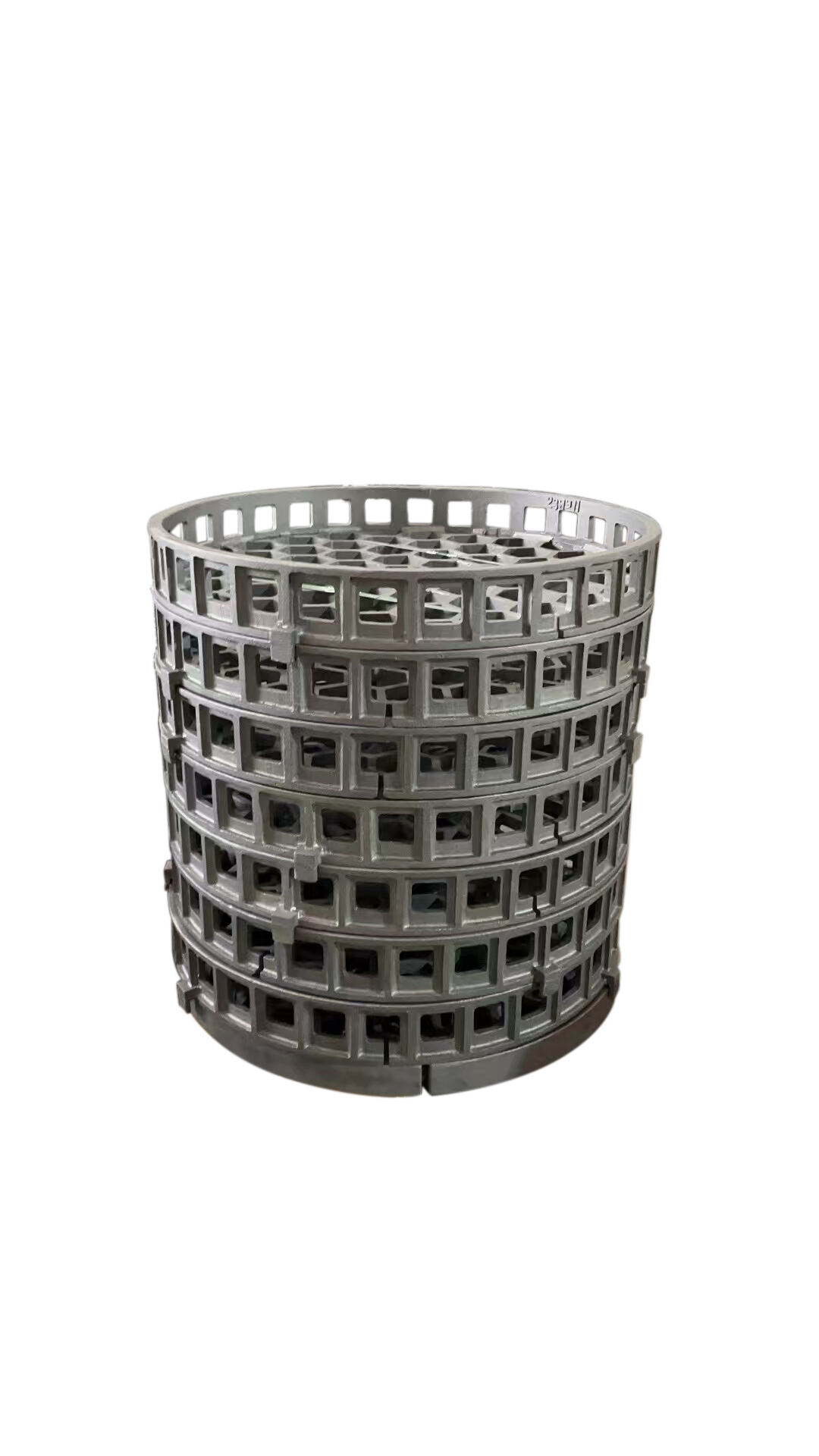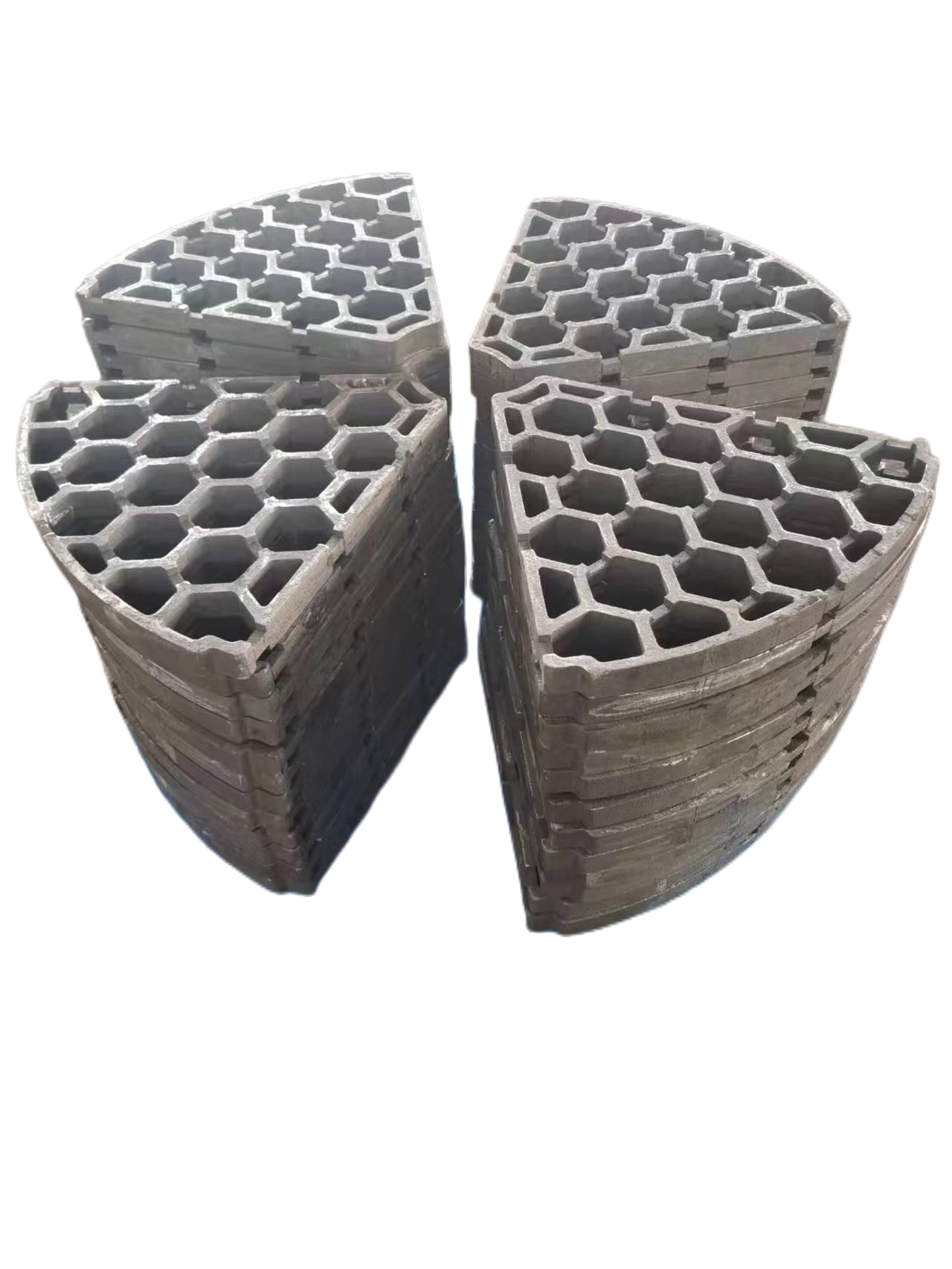alloy steel sheet
Alloy steel sheet represents a sophisticated engineered material that combines the durability of steel with additional elements to enhance specific properties. This versatile material is manufactured through a precise metallurgical process, where various elements such as chromium, nickel, molybdenum, and manganese are deliberately added to create a superior metal composite. The resulting alloy steel sheet exhibits exceptional mechanical properties, including improved strength, enhanced corrosion resistance, and superior wear resistance compared to standard carbon steel. These sheets are available in various grades and thicknesses, making them suitable for diverse industrial applications. The material's inherent characteristics make it particularly valuable in demanding environments where standard steel might fail. Industries such as automotive manufacturing, aerospace, construction, and heavy machinery rely heavily on alloy steel sheets for critical components. The material's ability to maintain its structural integrity under extreme conditions, including high temperatures and pressures, makes it an indispensable choice for engineering applications. Furthermore, the precise control of alloying elements during manufacturing allows for customization of properties to meet specific application requirements, ensuring optimal performance in various operational contexts.

